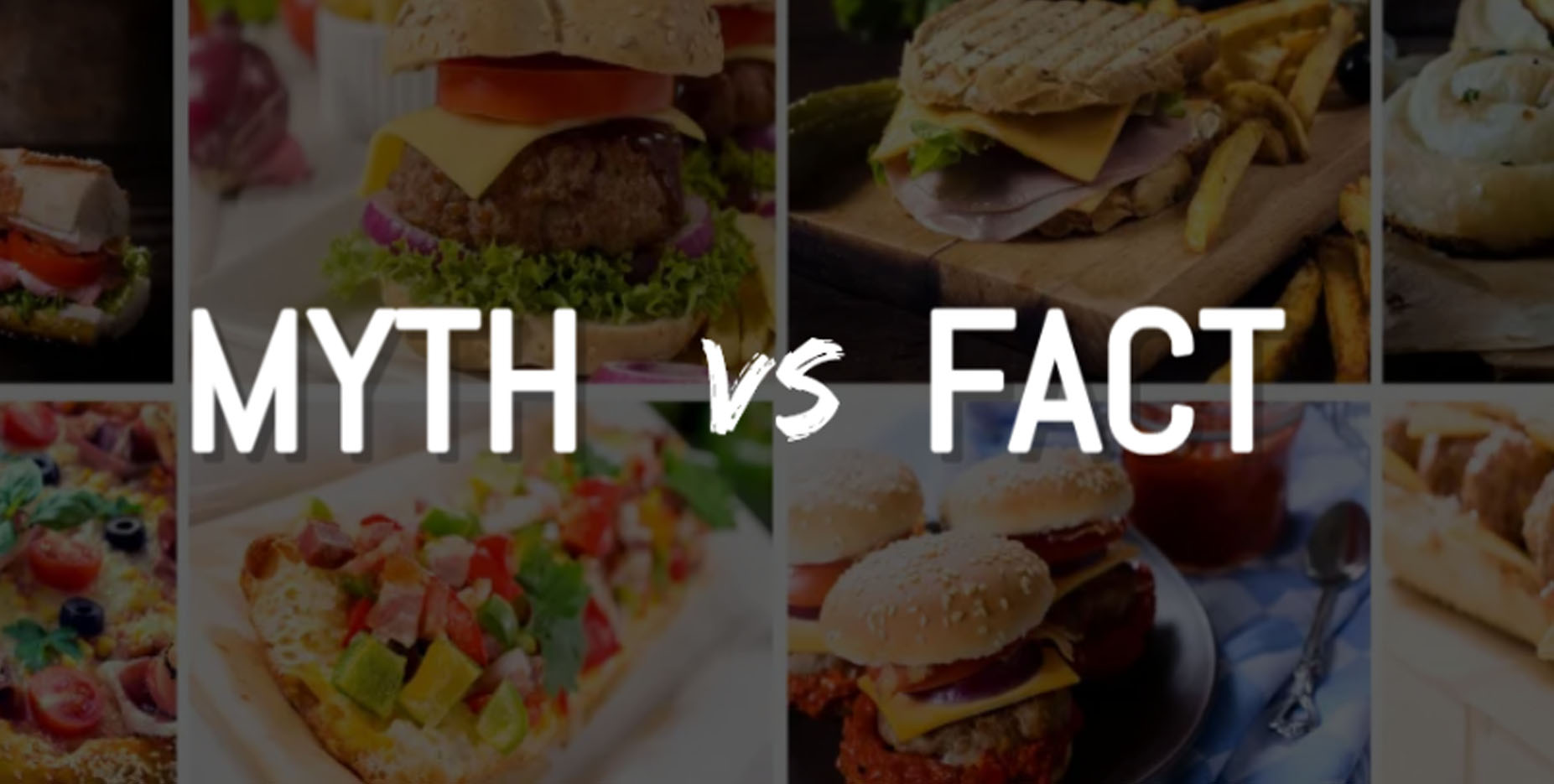
In today’s age of information overload, we can easily fall victim to nutrition myths and misconceptions. From fad diets guaranteeing quick weight loss to conflicting advice from self-proclaimed experts, navigating the world of nutrition can be intimidating which is why being able to separate fact from fiction is very important.
Myth: Carbs and fats are the enemy of weight loss
Carbohydrates and fats often get a bad reputation, especially since low-carb and low-fat fad diets are always on trend. Any diet that cuts out a whole macronutrient (carbohydrates, fat, protein) is a big no. Carbohydrates provide energy, fibre and essential nutrients needed by the body, while healthy fats help bodily functions such as the absorption of fat-soluble vitamins. Opt for complex carbs like whole grains and healthy fats from sources like avocados and nuts. Losing weight is all about choosing the right source of macronutrients, exercise, and portion control.
Myth: A gluten-free diet is healthier
Contrary to popular belief, a gluten-free diet is not essentially healthier for most people. Although it is a necessity for people with coeliac disease or gluten sensitivity. For people who aren’t coeliac or sensitive to gluten, cutting out gluten from the diet can lead to deficiencies in essential nutrients such as fibre, iron and B vitamins. All they need is a balanced diet rich in whole grains, fruits, vegetables, and lean proteins to achieve optimal nutrition without the need for gluten restriction.
Myth: Healthy eating is more expensive
If there is a will, there is a way! Healthy eating can be affordable with smart shopping and proper planning. Seasonal fruits and vegetables, whole grains and legumes are great budget-friendly options. You can buy in bulk, opt for store brands, and utilise frozen and canned produce to save money. With a little creativity and resourcefulness, anyone can enjoy a nutritious diet without breaking the bank.
Myth: Plant milk is healthier than dairy milk
This myth often proves misleading. While plant milk is a good alternative for those with lactose intolerance, milk allergy or just dietary preferences, most plant milk lacks essential nutrients such as protein, calcium, and vitamin D. When buying plant milk, opt for those with low or no added sugar and those that are fortified with calcium and vitamin D.
You shouldn’t trust everything that is out there. Do your research and ensure the advice is coming from a Registered Nutritionist or Dietitian before you believe something!
Avantika Rana, Student Nutritionist



